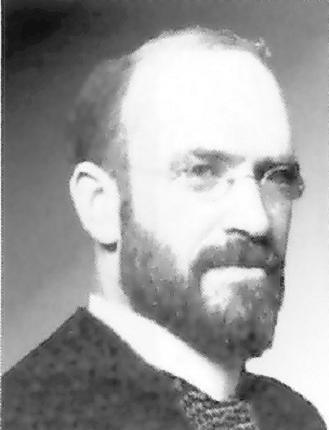|
|
 |
|
Melville Louis Kossuth Dewey was born on December 10,
1851. His family was poor, and lived in a small town in upper New
York State. Later, he cut his first name to Melvil, dropped his
middle names and, for a short time, even spelled his last name as
Dui.
He invented the Dewey Decimal Classification (DDC) system, the
classification system that bears his name, when he was twenty-one
and was working as a student assistant in the library of Amherst
College. His work created a revolution in library science and set in
motion a new era of librarianship. Melvil Dewey well deserves the
title of father of modern librarianship.
Dewey changed librarianship from a vocation to a modern
profession. He helped establish the American Library Association
(ALA) in 1876; he was secretary of ALA from 1876 to 1890 and
president during the 1890/1891 and 1892/1893 terms. He co-founded
and edited the Library Journal. He was a promoter of library standards
and formed a company to sell library supplies, which eventually
became the Library Bureau. He was a pioneer in library education. In
1883, Dewey became the librarian of Columbia College (now Columbia
University) in New York City. During his time there, he founded the first ever
library school on January 1, 1887. In December 1889, he became the
director of the New York State Library at Albany, retiring from that
position in 1906.
His range of knowledge and work was wide and varied. He was a
pioneer in the creation of career opportunities for women. In his
later years he helped create the Lake Placid Club, a leisure center
in the Adirondacks. Dewey was also a spelling reformer. Some of the
early editions of his classification scheme were presented in
reformed spelling, and his original introduction written in reformed
spelling was reprinted in the Dewey Decimal Classification through
Edition 18.
Dewey died from a stroke on December 26, 1931. Seven decades
after his death, he is still primarily known for the Dewey Decimal
Classification, the most widely used library classification scheme
in the world. Based on the text on OCLC.org: How one library pioneer profoundly influenced modern librarianship
|
|
Other biographies about Melvil
Dewey
|
[DDC Deutsch] [Project] [DDC] [Melvil Dewey] [Sitemap] [Contacts]
|
 |